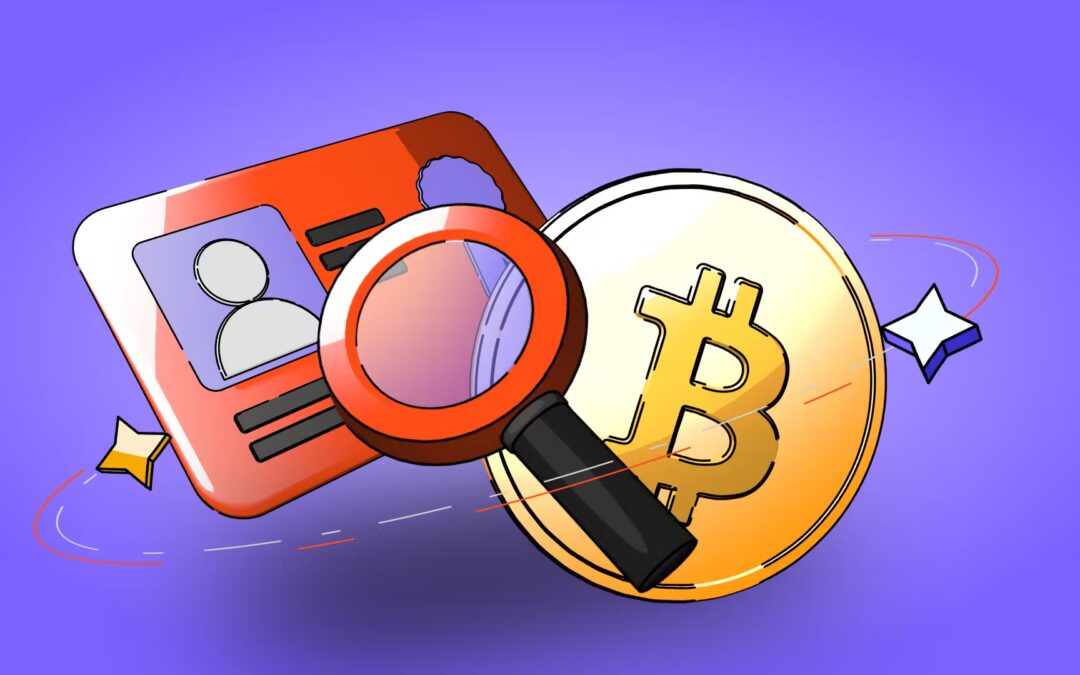When people talk about blockchain, one of the first things that comes up is its anonymity (or more accurately, pseudonymity). Unlike traditional banking systems that require your full name, ID, and a trail of personal data, blockchain allows users to transact without revealing their real-world identities. While this sounds like a win for privacy and freedom, it also opens the door to some very real ethical concerns.
The Balance Between Privacy and Accountability
Anonymity empowers individuals to protect their privacy in a digital world where data is constantly being tracked. However, this same feature can be misused. If no one knows who is behind a transaction, who takes responsibility when that transaction funds harmful activities?
Criminal Activities and Illicit Use
One of the most common criticisms of blockchain anonymity is its use in illegal marketplaces, money laundering, and even financing terrorism. While not all anonymous transactions are bad, the lack of accountability makes it easier for bad actors to operate under the radar.
Ethical Dilemmas for Regulators
Governments and regulators face a difficult ethical question: should people’s financial privacy be protected at all costs, or should anonymity be limited to prevent crime? Striking the right balance is challenging, as too much regulation could kill innovation, while too little could encourage exploitation.
Social Responsibility of Developers and Users
It’s not just regulators who face ethical concerns. Blockchain developers and users also play a role. Should developers design systems that make transactions 100% anonymous, knowing the risks? Should users support platforms that may enable crime, even if they personally value privacy?
The Future of Ethical Blockchain Use
Some new blockchain models are experimenting with “selective transparency”—where transactions can remain private unless there’s a legal or ethical reason to disclose them. This hybrid approach might offer a middle ground between personal freedom and public safety.
Final Thoughts
The anonymity of blockchain transactions is both a shield and a sword. On one hand, it protects individual privacy and strengthens the idea of financial freedom. On the other, it raises serious ethical concerns about accountability, crime, and misuse. As blockchain technology continues to evolve, finding a balance between privacy and responsibility will be one of the biggest ethical challenges to solve

